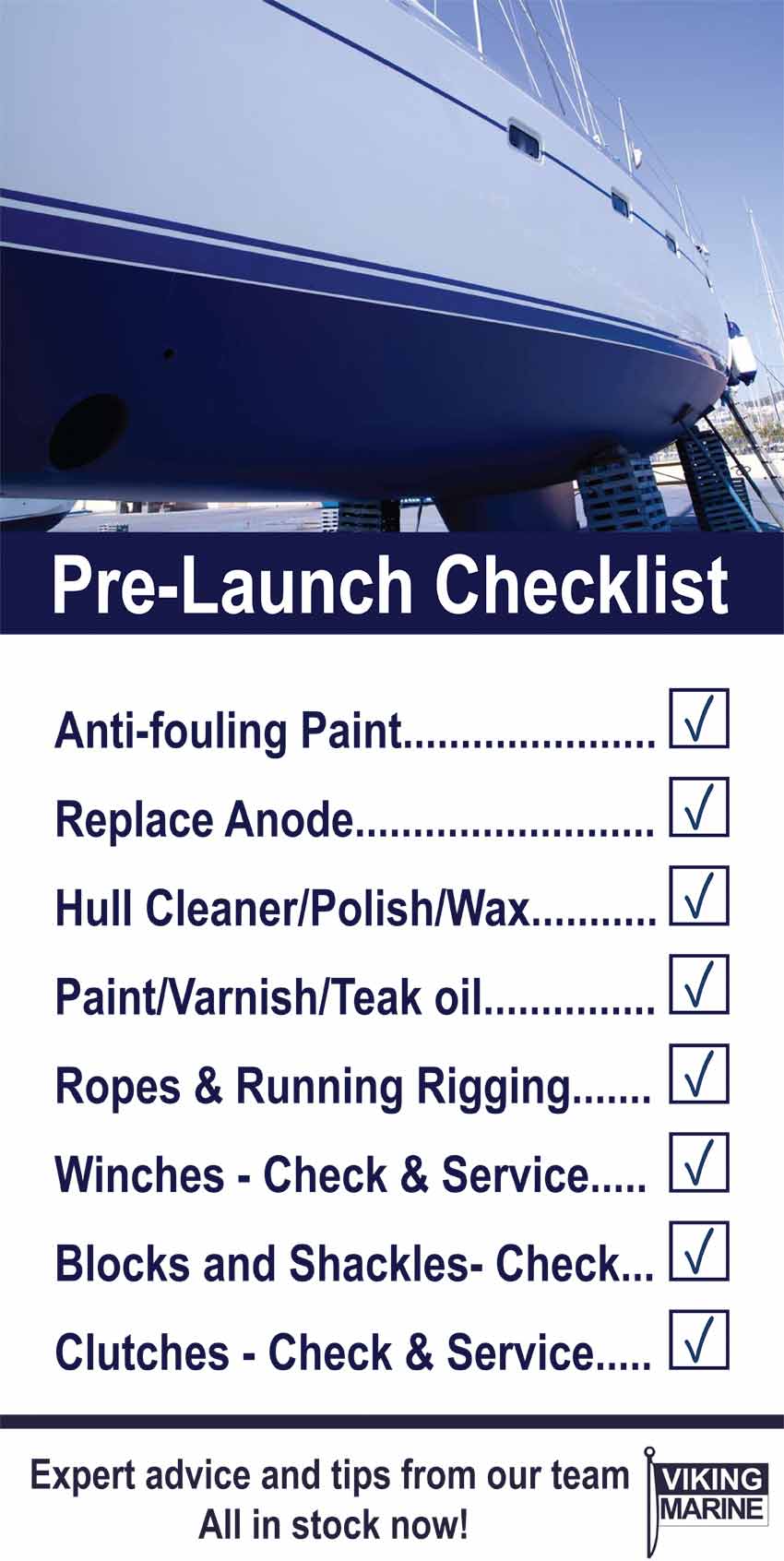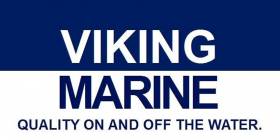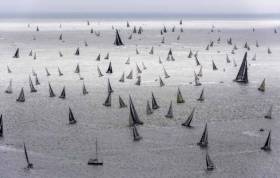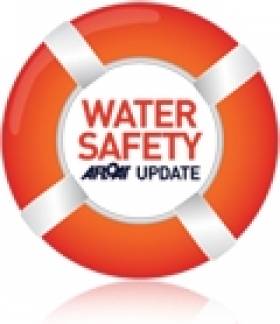Displaying items by tag: checklist
Get Ready For The New Season With Viking Marine’s Pre-Launch Checklist
With the countdown to launch well under way, Viking Marine provides a handy checklist below to help with your own to-dos getting your boat ready for another season’s sailing.
Stock is now arriving in-store and online at VikingMarine.ie for all your boating needs, whether it’s antifoul paint, hull cleaner and polish/wax, wood varnish and oil, ropes and rigging, blocks and winches and more.
Ring 01 280 6654 or pop in at The Pavilion in Dun Laoghaire for any tips or advice you need. Viking Marine can also source and place orders for almost anything you might need to get your boat pre-launch ready.

#FastnetRace - With the days ticking down till the 2017 Rolex Fastnet Race, Ocean Safety has published its free Fastnet Safety Checklist to ensure your yacht is ready for the rigours of the challenging seas around Fastnet Rock.
One of the most important items for the race for the race undoubtedly the liferaft, which will need a service before setting out from Cowes on Sunday, 6 August.
Ireland's CH Marine is a leading supplier of liferafts and services, hires and sells rafts. Both for leisure and commercial vessels.
Basic Safety On the Water
Even the most experienced people with the best equipment can run into danger on the water, according to the RNLI's Irish sea safety officer.
Kevin Rahill told The Irish Times that standards are improving in terms of safety awareness, but many basic procedures are still being ignored.
"Leisure craft are unregulated, so a big part of what we do is to try to get people to increase their safety on a voluntary basis: wear a lifejacket, understand weather conditions, undertake training," he said.
Des Kearney of Deep Blue Sea kayaking highlighted that many novices will be tempted out to the water to see the dolphin pod that has recently taken residence in Dalkey.
"“My main concern is that people recognise the dangers," he said. "Once you get outside the harbour wall the winds can be very strong, and an inexperienced paddler could be swept away."
The Irish Times has more on the story, including a safety checklist, HERE.































































